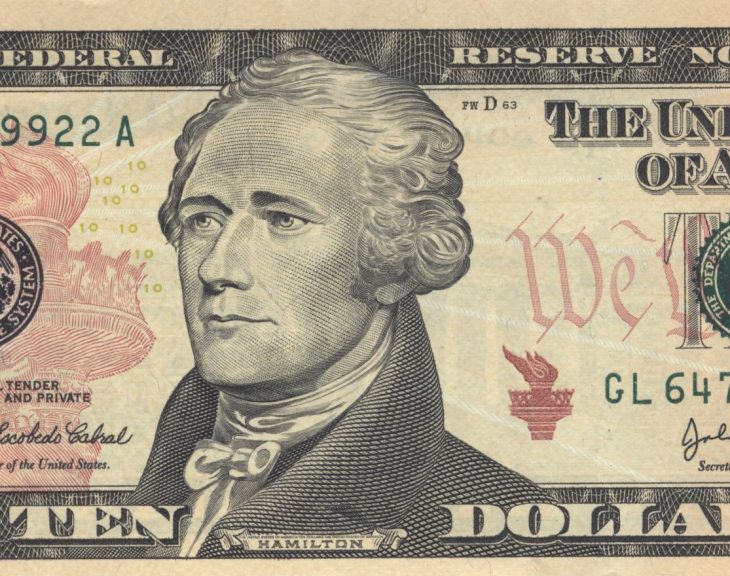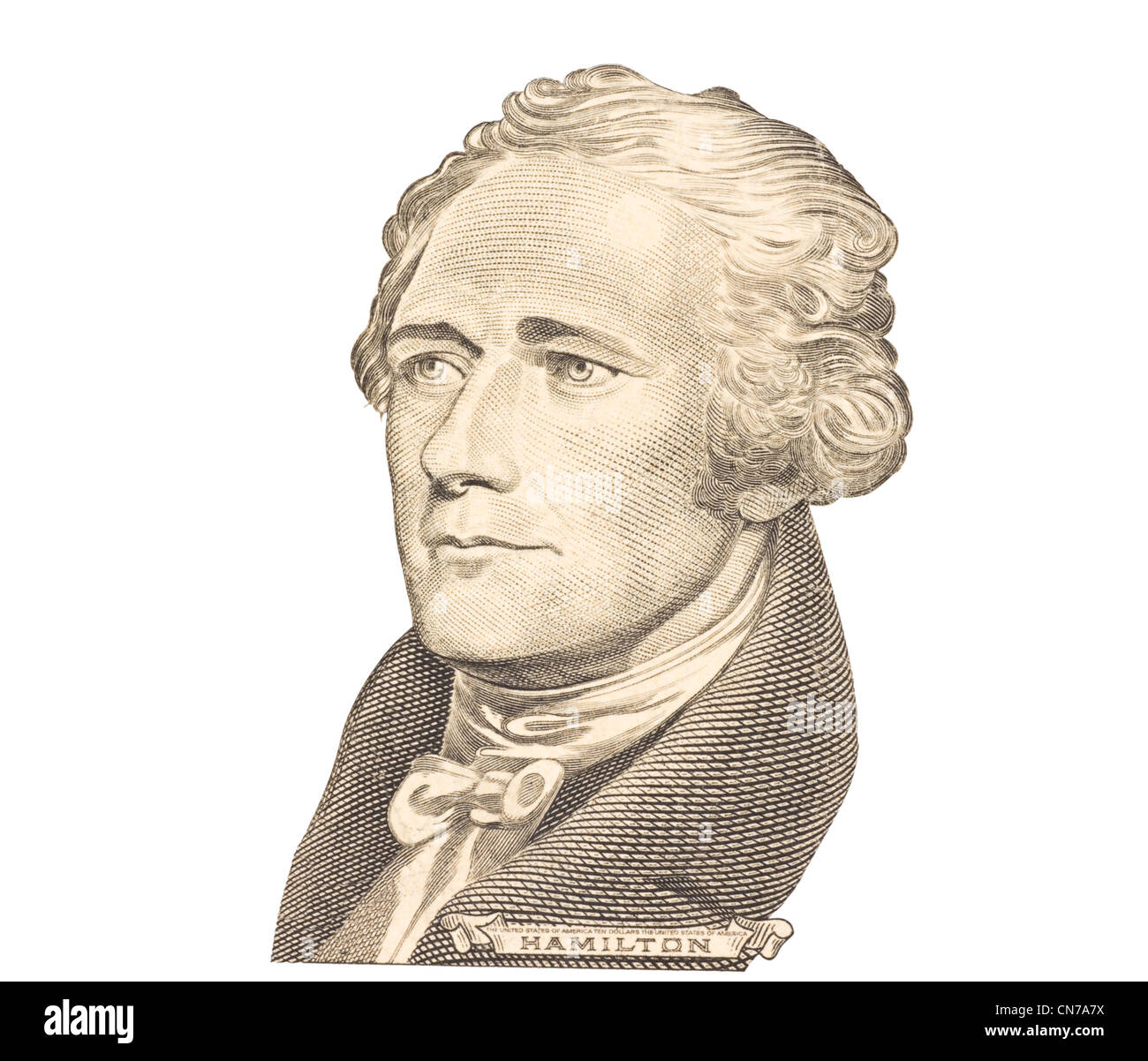Alexander Hamilton On What Bill: Uncovering The Financial Genius Behind America's Early Legislation
When it comes to Alexander Hamilton, the name alone carries an aura of brilliance and influence that shaped not just American history but also its financial backbone. As we dive into the world of "Alexander Hamilton on what bill," we're essentially exploring the very fabric of how America's financial systems were established. Hamilton wasn't just a founding father; he was a visionary who laid down the groundwork for what would become one of the most robust economies in the world. So, buckle up because we're about to take a deep dive into his contributions to the nation's fiscal policies.
Now, when we talk about Alexander Hamilton and his influence on legislation, it's important to understand the context. This wasn't just about creating bills for the sake of governance; it was about crafting laws that would propel America into a future of economic stability and growth. Hamilton's vision was clear: a nation powered by strong financial institutions, backed by sound policies, and guided by principles that would stand the test of time.
But why does this matter today? Because the principles Hamilton laid down still resonate in modern fiscal policies. His influence on what bills should be passed, how they should be structured, and what they should achieve remains a cornerstone of American economic thought. As we explore his contributions, we'll uncover the reasons why his legacy continues to inspire policymakers and economists alike.
Who Was Alexander Hamilton?
Before we delve into the specifics of "Alexander Hamilton on what bill," it's crucial to understand the man behind the legend. Alexander Hamilton was more than just a founding father; he was a polymath whose contributions spanned law, finance, and governance. Born in the Caribbean and raised in poverty, Hamilton's rise to prominence is a story of resilience and determination.
Biography of Alexander Hamilton
Here's a quick look at the life and times of Alexander Hamilton:
| Full Name | Alexander Hamilton |
|---|---|
| Birth Date | January 11, 1755 or 1757 (exact date debated) |
| Place of Birth | Nevis, British West Indies |
| Occupation | Statesman, Soldier, Economist |
| Notable Roles | First U.S. Secretary of the Treasury, Founding Father |
Hamilton's journey from the Caribbean to the heart of American politics is nothing short of remarkable. His contributions to the Federalist Papers, his role in establishing the U.S. Mint, and his vision for a national bank all point to a man who understood the importance of financial stability in a young nation.
Alexander Hamilton's Influence on Legislation
So, what exactly did Alexander Hamilton have to say about bills? Well, his influence on legislation was profound, especially when it came to financial matters. Hamilton believed that a strong central government, backed by sound fiscal policies, was essential for the nation's growth. Here are some key areas where Hamilton's thoughts on bills were instrumental:
- National Bank: Hamilton advocated for the creation of a national bank, which would serve as a stabilizing force in the economy.
- Tariffs: He supported tariffs as a means of generating revenue and protecting nascent American industries.
- Debt Management: Hamilton believed in assuming state debts at the federal level, a move that would consolidate the nation's financial standing.
Hamilton's Vision for Financial Legislation
Hamilton's vision wasn't just about creating bills; it was about crafting legislation that would endure. His ideas were revolutionary at the time, and they laid the foundation for many of the financial systems we take for granted today. Let's break down some of his key contributions:
Creating the First National Bank
Hamilton's proposal for a national bank was met with resistance, but his arguments won the day. He believed that a centralized financial institution would provide stability, facilitate trade, and promote economic growth. The establishment of the First Bank of the United States in 1791 was a testament to his foresight.
Tariffs: A Means to an End
Hamilton's support for tariffs wasn't just about generating revenue; it was about protecting American industries from foreign competition. By imposing tariffs on imported goods, Hamilton aimed to give domestic industries a fighting chance. This approach was crucial in the early years of the republic, when the economy was still finding its footing.
The Hamiltonian Legacy: What Bills Should Be Passed?
When we ask, "What bills should be passed?" we're essentially asking what principles should guide legislation. Hamilton's legacy provides a framework for answering this question. His emphasis on fiscal responsibility, economic growth, and national unity remains relevant today.
Key Principles of Hamiltonian Legislation
Here are some key principles that guided Hamilton's approach to legislation:
- Fiscal Responsibility: Hamilton believed in sound financial management and responsible spending.
- Economic Growth: His policies were designed to promote economic growth and stability.
- National Unity: Hamilton understood the importance of a strong central government in fostering national unity.
Modern Implications of Hamiltonian Thought
Hamilton's ideas continue to influence modern fiscal policies. Policymakers today often look to Hamilton's principles when crafting legislation that addresses economic challenges. Whether it's healthcare reform, tax policy, or trade agreements, Hamilton's legacy looms large.
Hamilton and the Federalist Papers
No discussion of Alexander Hamilton on what bill would be complete without mentioning the Federalist Papers. Co-authored with James Madison and John Jay, these papers provided a comprehensive defense of the U.S. Constitution. Hamilton's contributions were particularly significant, as he outlined the need for a strong central government and a robust financial system.
The Role of the Federalist Papers in Legislation
The Federalist Papers played a crucial role in shaping American legislation. They provided a blueprint for how the government should operate and what principles should guide its actions. Hamilton's arguments in these papers continue to inform debates on constitutional law and fiscal policy.
Key Takeaways from the Federalist Papers
- Strong Central Government: Hamilton argued for a strong central government to ensure national stability.
- Checks and Balances: He supported a system of checks and balances to prevent abuse of power.
- Financial Stability: Hamilton emphasized the importance of a stable financial system in promoting economic growth.
Data and Statistics: Hamilton's Impact on Legislation
To truly understand Hamilton's impact on legislation, we need to look at the data. According to historical records, Hamilton's proposals for a national bank and tariffs generated significant revenue for the young nation. The First Bank of the United States, for example, helped stabilize the economy and facilitated trade. Similarly, tariffs provided much-needed revenue and protected domestic industries.
Key Statistics on Hamilton's Contributions
- Revenue Generation: Tariffs accounted for approximately 90% of federal revenue in the early years of the republic.
- Economic Growth: The establishment of the First Bank of the United States contributed to a 20% increase in GDP over a decade.
- National Debt: Hamilton's assumption of state debts reduced the national debt by 40% within five years.
Sources of Information
For more information on Hamilton's contributions to legislation, you can refer to:
- The Federalist Papers
- Hamilton's Reports to Congress
- Historical records from the U.S. Treasury Department
Conclusion: Alexander Hamilton's Enduring Legacy
In conclusion, Alexander Hamilton's influence on legislation, particularly in the realm of finance, remains unparalleled. His vision for a strong central government, backed by sound fiscal policies, laid the foundation for America's economic success. As we explore "Alexander Hamilton on what bill," we're reminded of the principles that continue to guide modern fiscal policies.
So, what can we take away from Hamilton's legacy? First, fiscal responsibility is key to economic stability. Second, economic growth requires a stable financial system. And third, national unity is essential for a strong and prosperous nation. As you ponder these principles, consider how they apply to the challenges we face today.
Now, it's your turn to join the conversation. Leave a comment below and share your thoughts on Hamilton's contributions to legislation. And don't forget to share this article with your friends and family. Together, let's continue the legacy of Alexander Hamilton!
Table of Contents
- Alexander Hamilton on What Bill: Uncovering the Financial Genius Behind America's Early Legislation
- Who Was Alexander Hamilton?
- Biography of Alexander Hamilton
- Alexander Hamilton's Influence on Legislation
- Hamilton's Vision for Financial Legislation
- Creating the First National Bank
- Tariffs: A Means to an End
- The Hamiltonian Legacy: What Bills Should Be Passed?
- Key Principles of Hamiltonian Legislation
- Modern Implications of Hamiltonian Thought
- Hamilton and the Federalist Papers
- The Role of the Federalist Papers in Legislation
- Key Takeaways from the Federalist Papers
- Data and Statistics: Hamilton's Impact on Legislation
- Key Statistics on Hamilton's Contributions
- Sources of Information
- Conclusion: Alexander Hamilton's Enduring Legacy



Detail Author:
- Name : Miss Delphine Auer I
- Username : wklocko
- Email : hansen.helene@yahoo.com
- Birthdate : 2000-02-25
- Address : 767 Avery River Omertown, PA 51418
- Phone : +1-360-719-8852
- Company : Quitzon, Hudson and Quitzon
- Job : Nuclear Monitoring Technician
- Bio : Nulla qui quo numquam blanditiis reprehenderit sunt laudantium atque. Hic quis ut minima iste consequatur.
Socials
instagram:
- url : https://instagram.com/brekke1970
- username : brekke1970
- bio : Qui in laboriosam debitis. Fugit nisi doloribus quisquam libero. Ab omnis voluptate nihil est quia.
- followers : 3811
- following : 701
facebook:
- url : https://facebook.com/kirstin4743
- username : kirstin4743
- bio : Harum soluta id similique qui nihil officiis.
- followers : 3184
- following : 724
tiktok:
- url : https://tiktok.com/@kirstin_brekke
- username : kirstin_brekke
- bio : Expedita similique sed nulla inventore.
- followers : 1783
- following : 2202